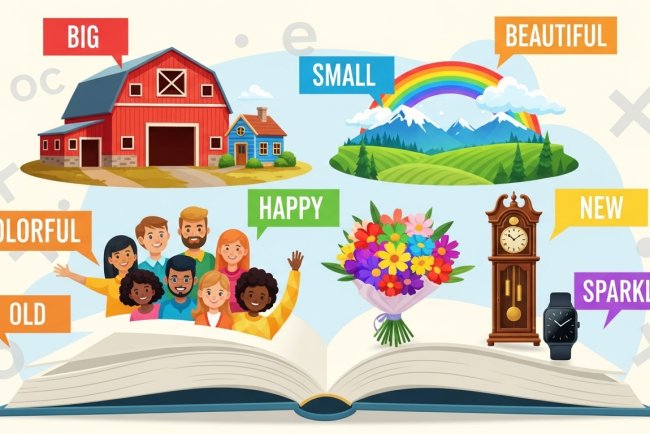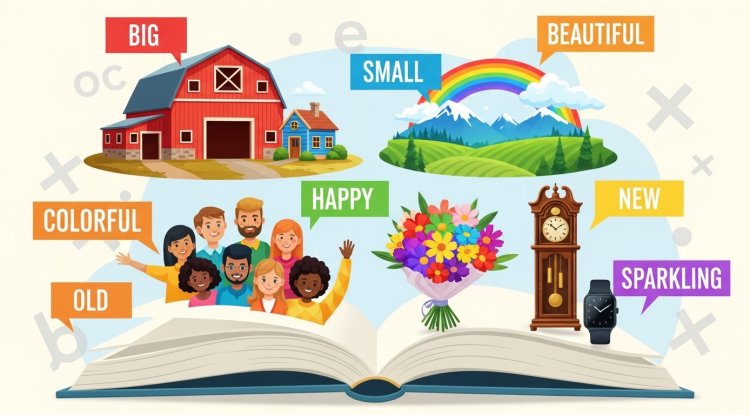Understanding Verbs – The Action Words of English
Learn all about verbs in English grammar including definitions, types, tenses, and examples. Master action verbs, linking verbs, and helping verbs with clear explanations.

When learning English grammar, one of the most important parts of speech to understand is the verb. Verbs are the heart of every sentence because they show action or state of being. Without verbs, communication would be incomplete. Let’s explore verbs in detail with definitions, examples, and explanations.
What is a Verb?
A verb is a word that expresses an action, occurrence, or state of being.
-
Action verbs tell us what someone or something does.
-
Linking verbs connect the subject to information about the subject.
-
Helping verbs work with the main verb to form verb phrases.
Example sentences:
-
She runs every morning. (action)
-
He is a teacher. (state of being)
-
They have finished their homework. (helping verb + main verb)
Types of Verbs
1. Action Verbs
These verbs describe actions that can be physical or mental.
-
Physical actions: jump, eat, write, play.
-
Mental actions: think, imagine, believe, decide.
Example:
-
The dog barked loudly.
-
I believe in hard work.
2. Linking Verbs
These verbs do not show action but link the subject to a subject complement. Common linking verbs include is, am, are, was, were, seem, become, appear.
Example:
-
She is happy.
-
The soup tastes delicious.
3. Helping Verbs
Helping verbs (also called auxiliary verbs) support the main verb to form tense, mood, or voice. Common helping verbs include have, has, had, will, shall, may, might, must, do, does, did, can, could, be, been.
Example:
-
She is running in the park.
-
They have completed the project.
Verb Tenses
Verbs change their form to show time. These are called tenses. The three main tenses are:
-
Present tense: I write stories.
-
Past tense: I wrote a story yesterday.
-
Future tense: I will write a story tomorrow.
Each of these tenses can be further divided into simple, continuous, perfect, and perfect continuous.
Regular and Irregular Verbs
-
Regular verbs follow a pattern when forming past tense (add -ed).
Example: walk → walked, play → played. -
Irregular verbs do not follow a set pattern.
Example: go → went, eat → ate, sing → sang.
Why Verbs are Important
Verbs are essential because they:
-
Express what the subject is doing.
-
Indicate time and action.
-
Connect sentences meaningfully.
Without verbs, sentences would be incomplete and unclear.
Conclusion
Verbs are the building blocks of English grammar. Whether showing action, linking ideas, or helping form tenses, verbs give sentences life and meaning. Mastering verbs is a key step to mastering the English language.
Take a Test on Verbs
Now that you’ve learned about verbs, it’s time to test your knowledge. Download the QuizNova app and take a fun and interactive quiz on verbs to strengthen your understanding.
What's Your Reaction?


















